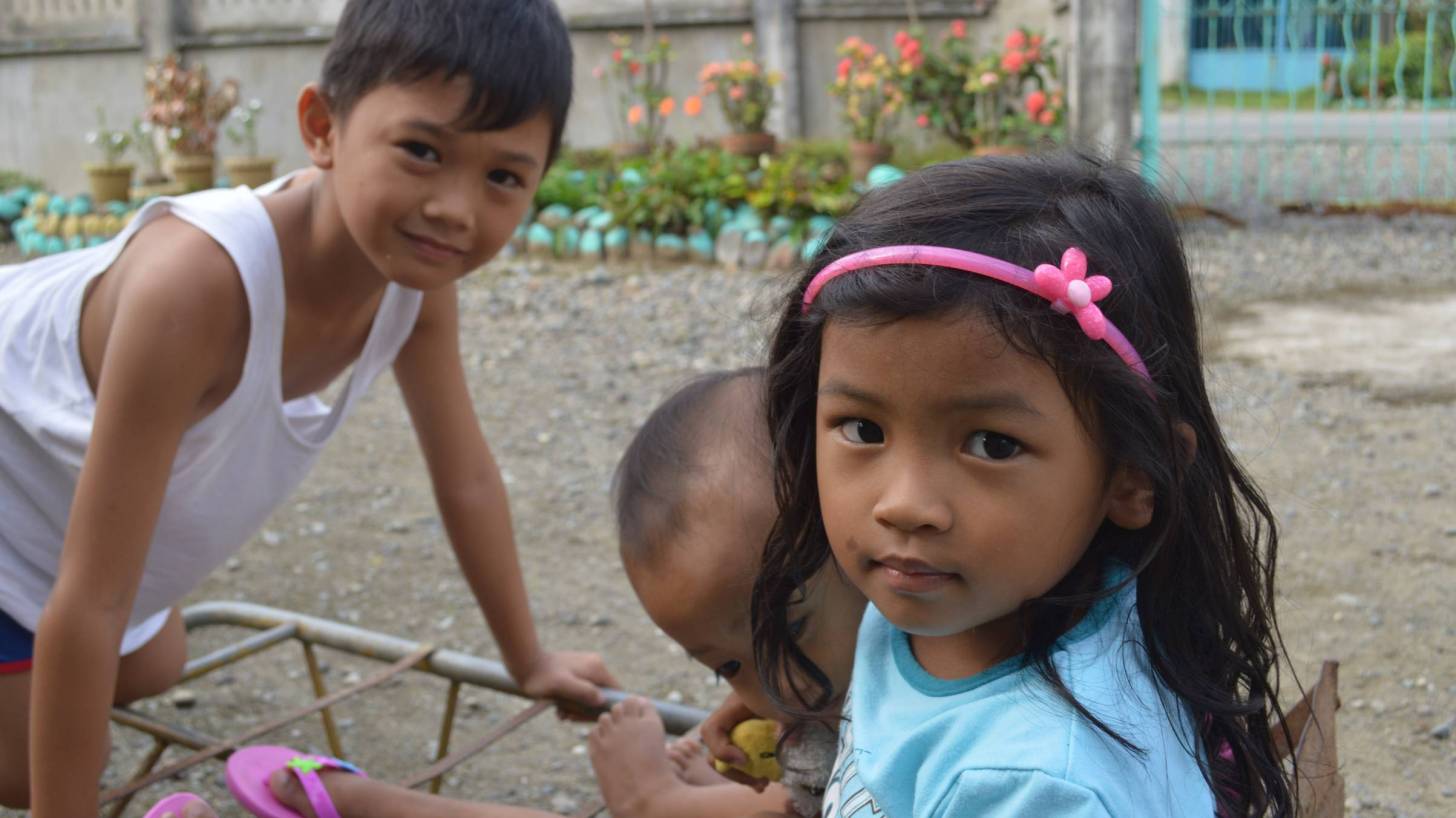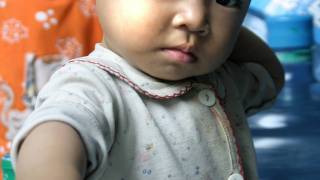Western Pacific Measles Outbreaks Need Solutions Now

Measles outbreaks in the World Health Organization (WHO) Western Pacific Region are putting babies, children and young people at significant health risk.
This WHO Region had historically low levels of measles cases and no major outbreaks in 2017.
But during 2018, measles cases in the Region increased by 250 percent, and more than two-thirds of cases were in the Philippines.
So far in 2019, the Philippines has reported 23,000 cases with 333 deaths, which is more than all of last year.
Tragically, most of the cases were among children under 5 years old.
Measles can cause debilitating complications, including encephalitis, severe diarrhea and dehydration, pneumonia, ear infections, and permanent vision loss, says the WHO.
“In recent months, we’ve seen how swiftly and easily measles can make a comeback in communities where not enough children have been immunized,” said WHO Regional Director for the Western Pacific Takeshi Kasai.
Nine countries and areas in the Region have been verified as having eliminated measles: Australia, Brunei Darussalam, Cambodia, Hong Kong SAR (China), Japan, Macao SAR (China), New Zealand, the Republic of Korea and Singapore.
Elimination means there has been no prolonged local transmission of the virus for at least 3 years.
But even in countries where measles has been eliminated, as long as the virus is circulating elsewhere, people who are not immunized remain at risk of infection from an imported case.
This, in turn, can lead to a measles outbreak or re-establishment of transmission.
So far in 2019, Australia, Cambodia, China, Hong Kong SAR (China), Japan, the Lao People’s Democratic Republic, New Zealand, the Republic of Korea, Singapore, and Vietnam have all recorded measles cases.
To alert international travelers, the US Centers for Disease Control and Prevention reissued 17 Travel Alerts during 2019.
“The resurgence of measles around the world has resulted in increased importation of the virus to several countries in our Region,” explained Dr. Kasai.
“What we want to stop is large-scale outbreaks resulting from those importations.”
Everybody should be vaccinated in all countries, whether or not they have achieved elimination, according to WHO guidelines.
For a community to be protected, at least 95% of children must receive two doses of measles vaccine.
“Measles spreads like wildfire,” Dr. Kasai explained. “It is the most contagious human disease, and it’s very good at seeking out and spreading among even small groups of people who are not immune.”
Since 2000, more than 21 million lives have been saved worldwide through measles immunization.
In 2017 in the Western Pacific Region, 97 percent of children received the first dose of measles vaccine, compared to 85 percent in 2000, and 94 percent got the required second dose, compared to 2 percent in 2000.
Although every country in the Region has committed to eliminating measles, some populations are still missed by immunization programmes. The lack of national strategies and efforts to increase access to vaccination are part of the problem, especially in hard-to-reach areas.
Misconceptions about the effectiveness or safety of vaccines can also complicate efforts to vaccinate children.
WHO supports countries across the Region in efforts to vaccinate all children and strengthen their outbreak preparation and response.
The WHO also encourages countries to address the reasons why children are not being vaccinated in some communities by combating misinformation and improving understanding of the importance and safety of vaccines.
In 2018, WHO published a Regional Strategy and Plan of Action for Measles and Rubella Elimination in the Western Pacific.
The Plan assists countries in strengthening immunization programmes and developing national action plans for achieving the shared goal of measles elimination.
According to the CDC, measles is often brought into the USA by unvaccinated people who become infected abroad.
These international travelers then spread measles upon their return, which cause outbreaks in the USA.
International travelers can request a pre-trip vaccine counseling appointment at Vax-Before-Travel.
In the USA, there are 2 approved measles vaccines, MMR-II and ProQuad.
The CDC Vaccine Price List provides private sector vaccine prices for general information. And, measles vaccine discounts can be found here.
Vaccines, similar to medications, can cause side effects, says the CDC. Significant vaccine side effects should be reported to the CDC.
Our Trust Standards: Medical Advisory Committee

























